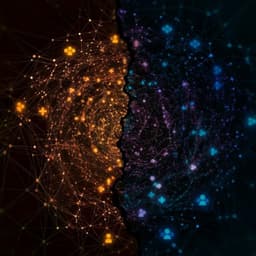
Psychology
Two conceptions of consciousness and why only the neo-Aristotelian one enables us to construct evolutionary explanations
H. Smit and P. Hacker
Discover how the clash between Cartesian and neo-Aristotelian views of the mind can impact our understanding of consciousness and its evolutionary roots. This intriguing research by Harry Smit and Peter Hacker uncovers the potential of integrated evolutionary theory with a fresh perspective on intellect and will.
Related Publications
Explore these studies to deepen your understanding of the subject.







